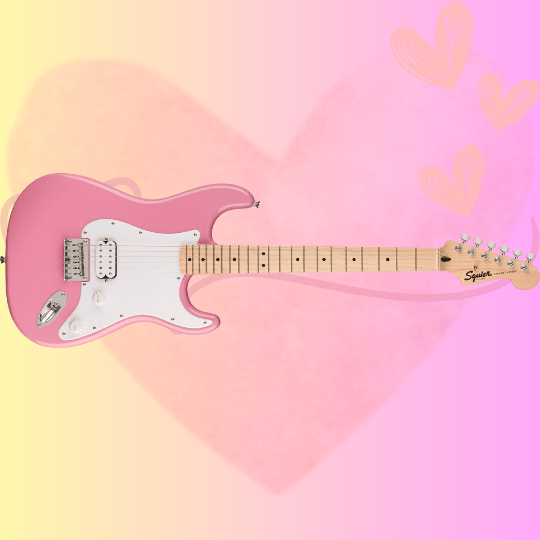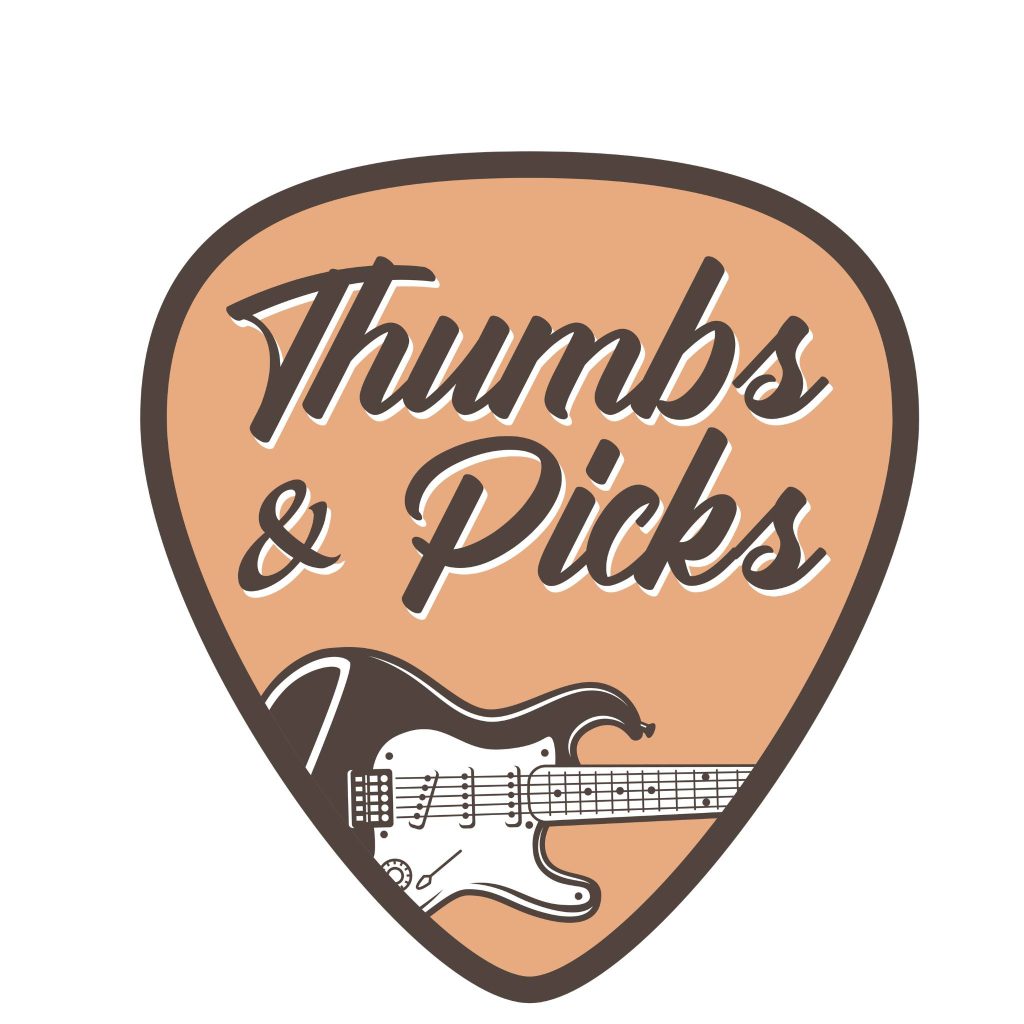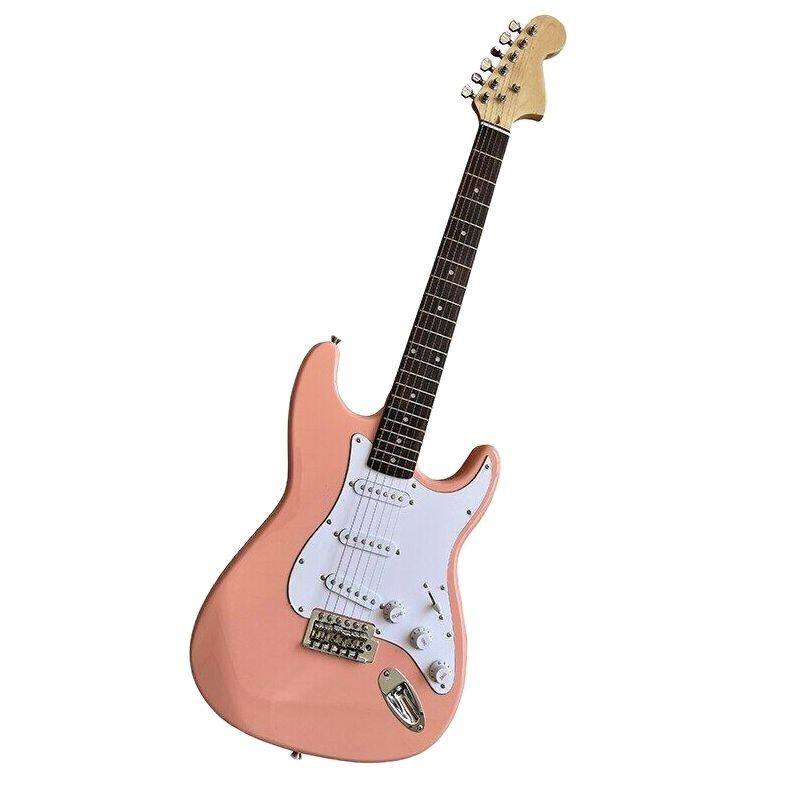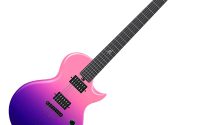How to Remove Guitar Fret Buzz
As an Amazon Associate, I earn from qualifying purchases. That means I earn commissions from my sponsored links or I make money when readers (you) purchase items through my links. Your purchase allows me to continue working as a stay-at-home dad who moonlights as a farmer and a musician. Needless to say, this post contains affiliate links.
Is your guitar buzzing like an angry mosquito? Ooohhhh… you might be another victim of the dreaded guitar fret buzz. Here are reasons why that’s happening and some solutions you might want to try.
What are the Reasons Why You Have Guitar Fret Buzz?
Your Technique Sucks

When I was younger, I’d swap out guitars as frequently as let’s say changing underwear. And I would always blame it on the guitar and not my technique.
What was I doing wrong?
I wasn’t fretting in the right place and I was applying too much pressure. You see, I equated guitar playing to an athletic event and I had that mindset that I should always have some sort of struggle to feel as if I’m getting anywhere with my guitar playing progress.
I also started out as a bass player. And the bass guitar I started playing with wasn’t an easy piece of equipment to play with. So that really shaped my mentality towards playing the guitar.
Make sure to place your fretting finger just behind the fret to prevent guitar fret buzz. You’ll know the proper spot if you keep practicing your fretting and finger placement consciously.
Apply the right amount of pressure. Too much or too little pressure will produce unwanted fret buzzing.
Solution: Improve your technique. Practice, practice, practice.
Don’t Strum Too Hard

My guitar heroes strummed hard. Or so I thought.
I was led to believe that through what I saw on MTV.
In reality, the best guitar players almost always employ an economical technique that would not require too much strumming force. Further inspection of Dave Mustaine’s guitar technique changed my strumming technique. Thank you Megadeth!
I realized that to be louder, all I needed to do was just adjust my volume.
Solution: Employ economy picking and improve your pick attack to produce the sound you want to evoke.
Your Need to Change Your Strings
Do a visual check of your strings. Are they still clean? Has gunk accumulated on it? Are they rusty? Or are they showing signs of damage? If you see any of those signs, chances are, you need to change your strings.
Solutions: Change your strings.
If you’re like me who’s a cheapskate, maintain your guitar strings to make them last longer.
Or buy more expensive strings that resist rust, gunk accumulation or any other forms of physical damage. They’re also less prone to breaking because of the high-quality standards they are held against.
You Need the Right Strings
In this age of heavier music, guitar players are often led to believe that they need heavier strings to produce heaver music. Although there are instances where that’s true, I still believe in proper layering to achieve a wider spectrum of music from deep bass sounds to soaring guitar solos.
With that said, I would suggest lighter gauge strings as they require less tension. Heavier strings tend to rest on the frets because of their size and inability to get tuned higher for fear of breaking.
Heavier strings can also lead to truss rod adjustments if your guitar is not designed to take on that extra tension.
Solution: Get the right strings.
Which leads us to the next section: Adjusting Your Guitar.
Adjust Your Guitar.
If you’re experiencing guitar fret buzz when you play open strings or play select spots on your guitar, you might have a back bowed neck.
To fix this, you can loosen the truss rod to increase the relief in the neck. You can also try raising the saddle by inserting a shim or replacing it with a new one.
Since I’m no guitar expert, I often rely on the services of a guitar luthier to fix my problem. My bandmates find this annoying because they end up fixing my guitar for me. I need a simple guitar that just lets me concentrate on playing and singing at the same time.
I need a guitar just like this: Squier Sonic® Stratocaster® HT H Pink

Solution: For those who are as mechanically inept as I am, check out these luthiers:



Bring your problem to them and they’ll handle it for you.
You Have a Cheap Guitar
I hate how much this is true. Cheap guitars are notorious for having guitar fret buzz. Maybe not all cheap guitars but a vast majority of these inexpensive guitars have it.
The manufacturers probably didn’t have enough good quality control measures in place or are just looking to turn a quick buck.
I have a cheap electric guitar and although it was generally nice to play with, there were areas where it had fret buzz. A quick trip to Greca Guitar and Bass Repair Services, a local luthier, helped solve the problem.
My current guitar is far from perfect. It’s a cheap Fender Strat knock-off but it’s holding up really well during live gigs. I bought it for a really cheap price from a Japanese surplus store. Php1500? $30?
Solution: Get paid. Save your money. Do whatever it takes to buy a new guitar. A more expensive guitar with better quality. Not necessarily more expensive, just one that has better quality.
Maybe it isn’t Even Your Guitar
We’ve put the blame so much on the guitar, but what about other parts that are connected to it. One of the main culprits that lead to a buzzing sound, and not necessarily guitar fret buzz, are the guitar cables.
I have changed guitar cables so many times because of the noise some of them produce when hooked up to the guitar. I’ve used Fender cables, Bulletproof cables, Ernie Ball cables, and so many more over the years but none really held up to the abuse I’ve put them through.
I think I may have found the perfect one through DeathBloom Audio. They recently supplied me with a Mogami cable that’s silent as a ninja. It doesn’t even make a sound when you plug your guitar in after you first plugged the cable into the amp.
Another culprit is the amplifier. It may have power issues and the buzzing you hear is the lack or over supply of electricity. It could also be attributed to slightly torn cones. I know I’ve had this issue before.
Last, but not least, maybe it’s your pedal. Or a grounding issue. There are a lot of things that could go wrong with the more elements you add to your rig.
Solution: Check or inspect every inch of your gear to find out where the problem is.
I Hope You Manage to Fix Your Guitar Fret Buzz Issue
Guitar fret buzz is very annoying. I hope you’ll find a solution through this article or by going to any of the luthiers mentioned above. There are a lot of guitar services in Davao City. Some I hope will reach out so I can also feature them in future articles.




